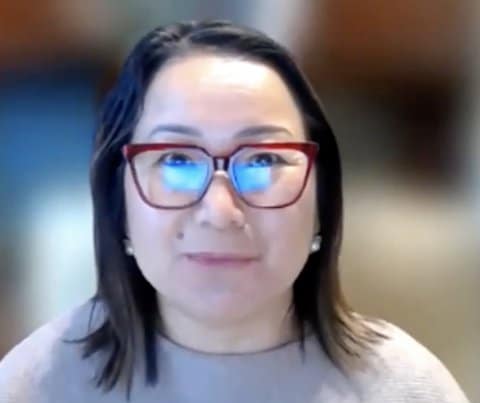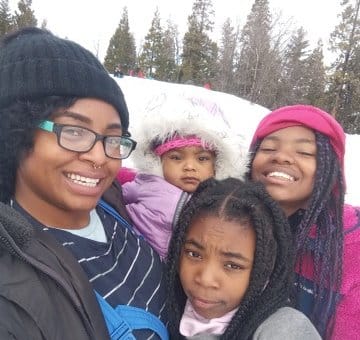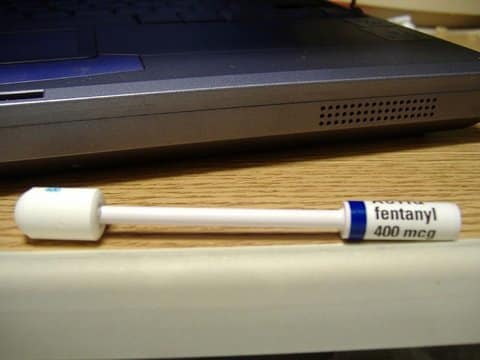
02 Feb Fighting Substance Abuse with Care, Not Criminalization

“People who use drugs are not strangers but our neighbors, family members, friends,” said Kaying Hang, president of the Center at Sierra Health Foundation. “We can give them a second chance. Everyone deserves a second chance.” (Screenshot captured by Michael J. Fitzgerald / CC Pulse)
By Michael J. Fitzgerald
On the 10th anniversary of the Center at Sierra Health Foundation, program leaders highlighted the effectiveness and successes of a care over criminalization philosophy in dealing with substance abuse during an Ethnic Media Services briefing.
Kaying Hang, the president of the center, said during the briefing that among non-elderly state residents, drug overdoses are a leading cause of death. “And these numbers are expected to increase,” she said. Stats from the Centers for Disease Control and Prevention pointed to approximately 109,000 people dying from a drug overdose in the U.S. in 2022. The year before, California saw close to 10,900 deaths related to drug overdose, according to the state Department of Public Health.
Hang stressed that center programs focus on care and not criminalizing substance abusers. “People who use drugs are not strangers but our neighbors, family members, friends,” she said. “We can give them a second chance. Everyone deserves a second chance.
>>>Read: Newsom Wants to Change Criminal Justice and Healthcare in California
The executive director of the Central Valley Empowerment Alliance, Mari Perez-Ruiz, told reporters it is constantly battling a misguided notion that Central Valley communities don’t have any future, linked in part to rampant substance abuse.
“Pervasive drug abuse, especially fentanyl, is dire here,” she said. “Our communities are targeted by the cartels, and sometimes the parents here are using or selling drugs.”
To battle those influences, CVEA opened the Leadership Unity Power Empowerment Center as a safe, drug- and gang-free place for young people and their parents. Perez-Ruiz said conversations there revolve around new possibilities for the young people’s lives.
In Inyo and Mono counties, programs offered by the Crossroads Recovery Center and Skoden Harm Reduction Services provide services to treat individuals with substance abuse issues in humane terms, well away from traditional legal/law enforcement approaches.
“Native Americans have some of the highest fatal overdose rates — not just in California but nationwide,” said Arlene Brown, CEO of both programs said. She said the programs are for everyone in need — not just Native Americans.
Native Americans make up 17% of the area population. “Our program is for everyone,” she said. “Our core value is sharing healing with others, and half of those we help are non-Native.”
The indigenized services offered include putting prayer tags on overdose kits, distributing Narcan in the communities, and counseling. The counseling looks at assisting with “spiritual, mental, physical and emotional wellness,” Brown said.
>>>California Black Media: In Fight Against Substance Use Disorder, Calif. Health Advocates Focus on Mental Health, Education
The emphasis, as in other Sierra Center programs, is on treating the entire person. “We already know shaming our loved ones for substance abuse only pushes them further away,” she said.
In Alameda County, the HIV Education and Prevention Project operates on the philosophy that people in recovery have a wide variety of needs and goals. Executive Director Braunz Courtney says not everyone they see has sobriety as a goal. But the staff attempts to help with whatever a person needs.
“Our goal is to meet each individual where they are geographically and within their addiction,” Courtney said. “”It’s a spectrum from using drugs more safely to abstaining completely. Some people will never get to a point of sobriety.”
The project hires people who have an understanding of substance abuse and sometimes have gone through recovery themselves. They assess an individual’s needs beyond normal clinic assistance. They offer help with housing, food, hygiene and even social interaction, Courtney said.
The project operates an Oakland-based drop-in clinic in addition to having mobile units that provide counseling, overdose education and syringe exchange, along with HIV and Hepatitis C testing.
“For us, it’s about creating homes wherever people are in need. We’re not here to tell you what to do,” Courtney said. “We’re navigators. Equitable health care means that those who access it tell us what they want, and we tell you how to get there. You’re the expert in your own life.”






No Comments